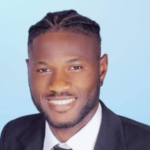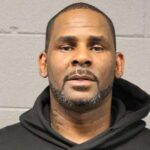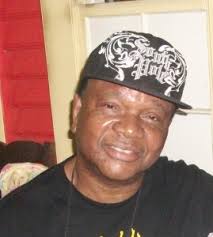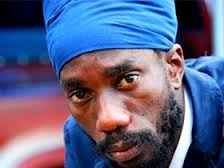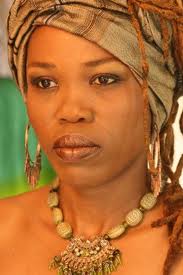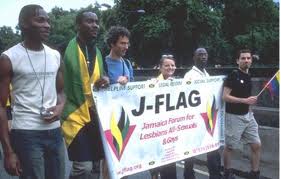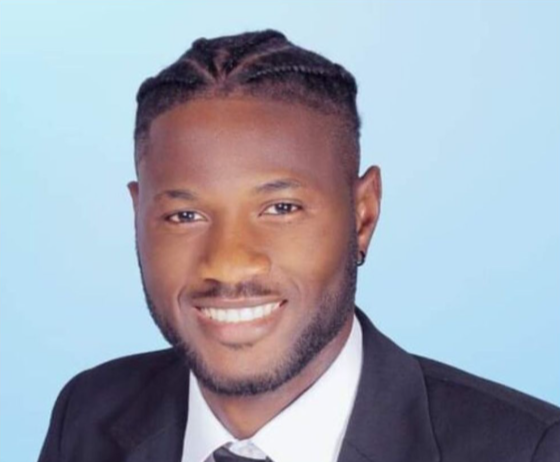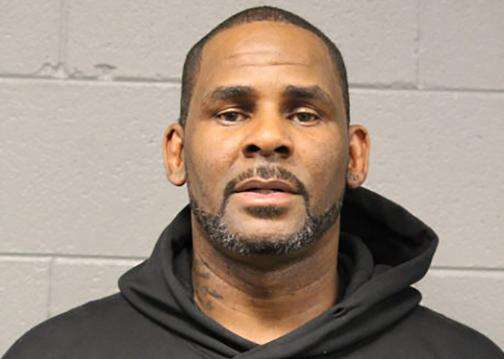Amid continuous cancellations of shows for several of dancehall and reggae’s top international acts, J-FLAG’s (The Jamaica Forum of Lesbians, All-Sexuals and Gays) executive director, Dane Lewis, is inviting reggae and dancehall artists and their management team to an open discussion on the issues faced by the entertainment industry where homophobic music is concerned.
Recently, artist manager Copeland Forbes expressed that the state of the industry has been consistently deteriorating due to songs that have been produced and performed over the years which call for discrimination and violence against gays and lesbians.
In the article, Forbes stated, “You (artists) don’t need to address them (homosexuals) because a lot of them are in the record companies and you are shaking their hands and you don’t even know. Leave that alone, homosexuality existed before you and it will be here when you’re gone. You don’t need to bring that inna yuh music.”
Lewis agrees that the dancehall fraternity has suffered tremendously from protests over the years to bar artists from performing at events in a number of countries across North America and Europe. He states that it is time the artists and the lesbian, gay, bisexual and transgender (LGBT) community convene a meeting to discuss these matters and chart a way forward.
“We’ve been trying every so often to engage the artists in dialogue. We’ve seen these national displays of homo-intolerance, particularly by some artists. The 2012 and 2013 Independence galas, for example, had some homophobic slurs, which thankfully, the Government and wider society responded to.
Our efforts have consistently been getting them to see that while they have a right to freedom of expression, with that comes a level of responsibility. There is more to Jamaica and our music than hate and violence and it is incumbent on our artists to show the world what is good about Jamaica, our people and music.
We can’t allow our nation to be characterised by this, because, ultimately, it’s the artists, their family and team who depend on it for their livelihood that suffer. In fact, members of the LGBT community who work in the industry, as well as other artists who don’t have such songs, are affected too,” Lewis said.
Number Of Anti-Gay Songs Down
Lewis, however, admitted that while there is still a problem there has been some improvement in the number of anti-gay songs that have been released and performed in recent times. He notes major events such as Smirnoff Dream Weekend and the 2013 staging of Sting, which saw artist Sizzla being banned after encouraging artists not to perform their hate music. “These actions demonstrate that there is no place for hate in our society,” he said.
Though there has been a noticeable decrease in the number of dancehall and reggae songs advocating for and inciting discrimination or violence against LGBT people, Lewis does not believe that this is enough. In fact, the ‘Stop Murder Music’ campaign, which objects to lyrics which they allege to support violence against the LGBT community, has yielded some success in Europe and America, but it has been rather less effective in Jamaica.
“We are often asked about whether artists are still performing these lyrics and we report that a lot of them have cleaned up their lyrics for airplay, and certainly what is performed overseas, but there still is that toss-up between the clean version and the raw version. The use of the word ba**yman for them might mean something else, but they have to recognise that it is pejorative and must find better ways to express themselves without promoting discrimination, hostility or violence. An artist who publicly apologised to the gay community a few years ago later clarified in an interview that when he used that term, he was referring to the ‘big men’ from uptown who use their wealth to prey on young boys in the ghetto. If that is their problem and what they are contesting, then the problem isn’t homosexuality but paedophilia. Music is very influential and artists have a responsibility to express their views in a better way without inciting hate.”
Stand Up For Equality
Questioned as to what he believes dancehall and reggae artists can do to repair their image, especially on the international scene, Lewis had this to say: “I don’t know that I have the answer to that. They could stand up for equality; stop singing hateful music. Reach out to the community to learn about us and unlearn the negative things they have been taught about gays and lesbians. I heard Queen Ifrica say on ‘All Angles’ that she would be willing to speak with us. They need to tell us what help they as artists need so we can work together to make our country and music much better. Not every dancehall artist produces and performs misogynist and violent lyrics, so there is a space in dancehall to be creative and supportive of diversity. The artists who do not condone these types of lyrics must help the others to understand that what they’re doing is wrong,” he told The Sunday Gleaner.
In moving forward, Lewis believes that open, honest dialogue between J-FLAG, artists, promoters and managers, both locally and internationally, will serve the interest of all parties and help all parties understand each other and find a way to move forward amicably for the better of the country.
“Let us put all the issues on the table and talk about them and not be hypocritical. Maybe private dialogue would be better initially, but we definitely are willing to have discussion with artists so we can put an end to hate music.”
J-FLAG:March
Though hopeful, Lewis stated that he does not believe reggae and dancehall artists will stop producing homophobic music and start promoting respect for gays and lesbians in their music anytime soon.
“I dont know that we are there yet. I don’t think the artistes are there yet either. Maybe one or two artists would be willing to do so in a few years. The least we could expect is for the artists to move past lambasting us in their songs. A number of them are saying that they are not promoting violence, but to still speak about LGBT people as something that is abhorrent was eons ago, we’ve gone way past that. We are living in a different time, we have enough information to understand that we are a diverse people. If they want their music to reach the four corners of the world, they need to recognise what is acceptable,” Lewis said.
davina.henry@gleanerjm.com
